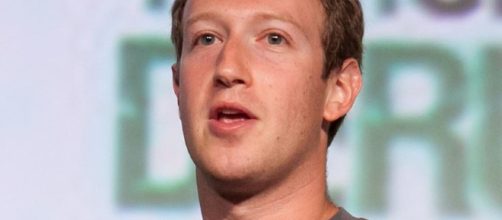Facebook CEO Mark Zuckerberg testified before the Senate Judiciary and Commerce committees, on Tuesday, April, 10 at 2:15 PM. His testimony concerns the data that was acquired by Cambridge Analytica, which was believed to have influenced the 2016 election. According to a PBS article, Cambridge Analytica gained access to over 50 million users accounts through a quiz app called "This is your digital life," that was downloaded by around 200,000 individuals.
What information was acquired?
The data was gathered did not come from the app's users alone, but also from their Facebook Friends.
The app accessed the user's data, and through that, they gained access to their friends Facebook account's and collected their information. According to a New York Times article the data contained information on users identities, their friend groups, and posts that they had "liked" on Facebook. This allowed the company to build profiles on what people liked and disliked, and also gave insight into their political beliefs.
Why was the information wanted?
According to another New York Times article, the information acquired could be used to build psychographic profiles of voters. This would give insight to what the people were interested in based on what was on their Facebook pages. This, in turn, would also give insight into their personal beliefs and political views.
Cambridge Analytica was then able to use this information to build political ads that aligned with an individuals views, but also could speak to them in a tone they were partial to.
How did this lead to so much 'Fake News?'
With the data that Cambridge Analytica had attained, they were able to build profiles of people and send them specific political ads. An article in The Guardian referred to an interview that The observer had with a whistleblower named Christopher Wylie who worked for Cambridge Analytica. Mr. Wylie talked about how the company used the data to build psychographic profiles of voters. Since Cambridge Analytica knew voters political views based on what they "liked" or "shared" on Facebook, they were able to target people based on their specific beliefs.
The data that was acquired also allowed them to create "personalized" political ads. Essentially, Cambridge Analytica could create ads with a specific tone or feeling that viewers were partial to, and after seeing these ads for an extended period, views began to change.
What happens now?
CEO Mark Zuckerberg will be testifying before a joint Commerce and Judiciary committee again on April 11, answering questions about what happened, and what Facebook is doing to prevent incidents like this in the future.


